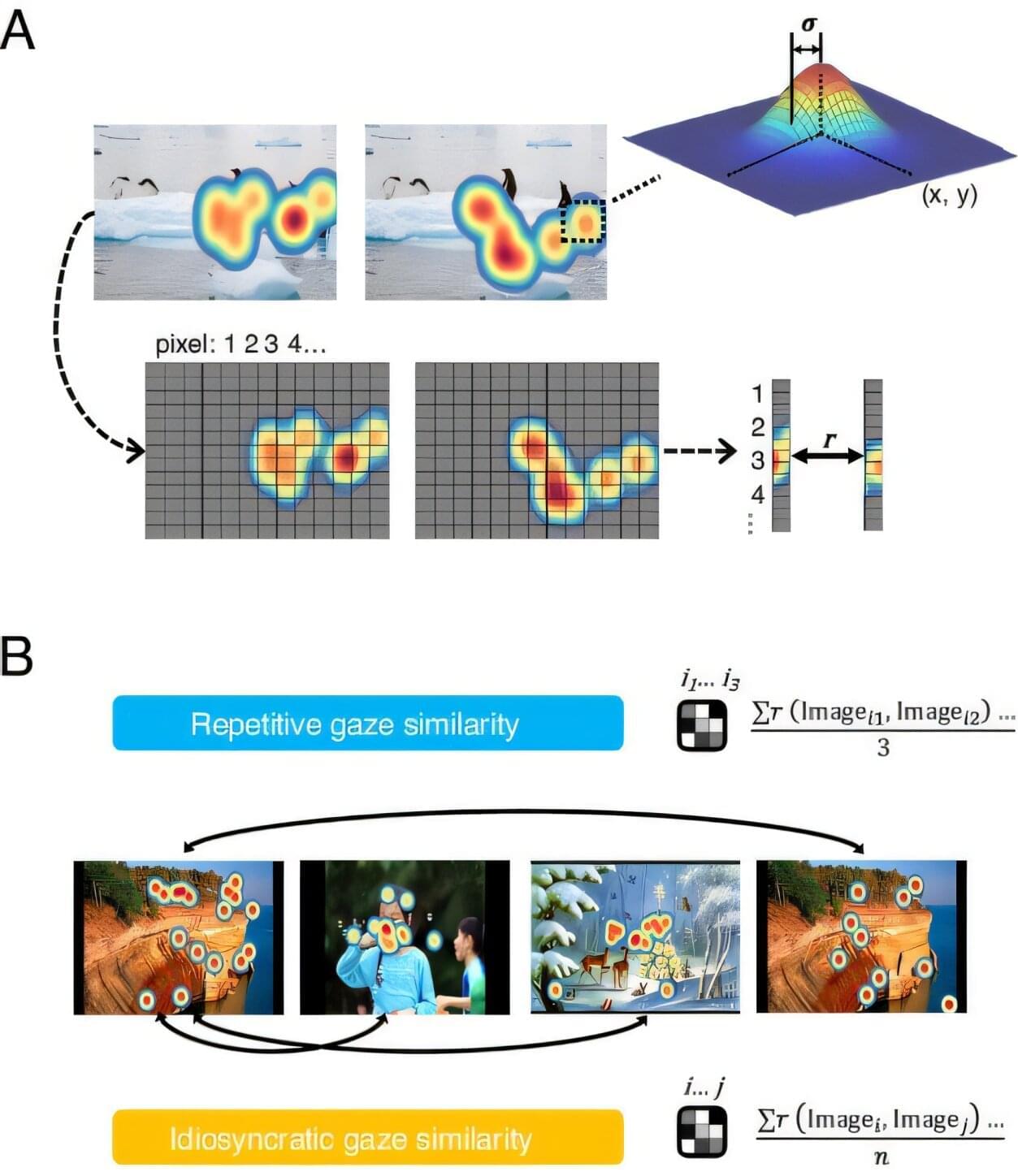A multi-institution team across Canada and the West Indies reports that gaze patterns can serve as a sensitive marker of cognitive decline, with associated reductions in explorative, adaptive, and differentiated visual sampling of the environment.
Eye movements are closely linked to encoding and retrieval processes, with changes in viewing behavior often reflecting age and pathology-related memory declines. Previous work has noted that groups differing in memory status diverge across multiple gaze features, suggesting that univariate gaze metrics may not fully capture the complexity of memory-related viewing behaviors.
In the study, “Decoding memory function through naturalistic gaze patterns,” published in PNAS, researchers investigated changes in naturalistic viewing behavior across five participant groups to explore possible gaze-based indicators of memory function.
